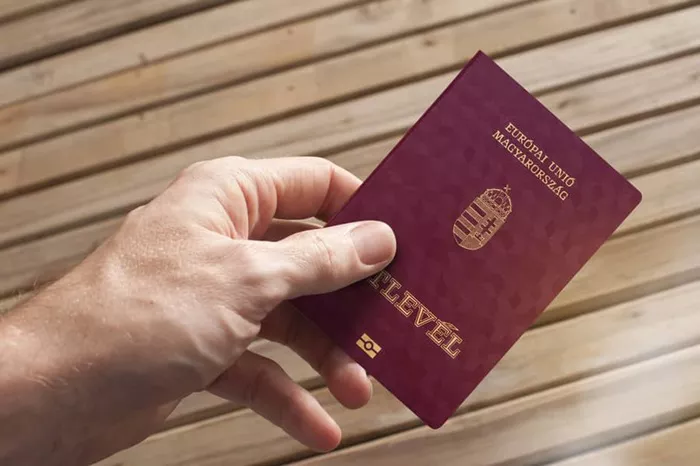Hungary, renowned for its rich history, stunning architecture, and vibrant culture, is a favored destination for many travelers, including those from the United Kingdom. If you’re a UK citizen planning a trip to Hungary, it’s essential to understand the entry requirements to ensure a smooth journey. This comprehensive guide will provide you with all the necessary information regarding visa requirements, passport validity, entry protocols, and upcoming changes that may affect your travel plans.
Visa-Free Travel Information
As a UK citizen, you can travel to Hungary without a visa for short stays. Hungary is part of the Schengen Area, a group of European countries that have abolished internal borders for the free and unrestricted movement of people. Under the Schengen rules, UK nationals are permitted to stay in Hungary and other Schengen countries for up to 90 days within any 180-day period for purposes such as tourism, business, or family visits.
It’s important to note that the 90-day limit applies to the entire Schengen Zone, not per individual country. This means that if you’ve spent time in other Schengen countries within the 180-day period, that time counts toward your 90-day limit. Overstaying this allowance can lead to penalties or future entry bans.
Understanding the Schengen Area Rules
The Schengen Area comprises 27 European countries that have agreed to allow free movement across their borders. For UK travelers, this means that once you enter any Schengen country, you can move freely between member states without additional border checks. However, the 90-day rule applies collectively to all Schengen countries. Therefore, meticulous tracking of your days spent within the Schengen Zone is crucial to avoid overstaying.
Passport Requirements
When traveling to Hungary, ensure your passport meets the following criteria:
Validity Period: Your passport must be valid for at least three months beyond your intended departure date from the Schengen Area.
Issue Date: The passport should have been issued within the last 10 years. It’s essential to check both the issue and expiry dates to confirm compliance.
Failing to meet these requirements can result in denied entry, so it’s advisable to renew your passport if it doesn’t comply.
Entry Requirements
Upon arrival in Hungary, border control officers may request the following:
Proof of Accommodation: Documentation such as hotel reservations or an invitation letter from a host.
Return or Onward Travel Tickets: Evidence of your intention to leave the Schengen Area within the permitted timeframe.
Sufficient Funds: Proof that you have adequate financial means to support yourself during your stay.
European Union
While these documents are not always requested, it’s prudent to have them readily available to facilitate a smooth entry process.
Staying Beyond 90 Days
If you plan to stay in Hungary for more than 90 days within a 180-day period, you’ll need to apply for a long-term visa or residence permit appropriate to the purpose of your stay, such as work, study, or family reunification. It’s advisable to contact the Hungarian Embassy or Consulate in the UK well in advance to understand the application process and requirements.
Special Cases
Dual Citizens or Non-British Passport Holders: If you hold dual citizenship or travel on a non-British passport, different rules may apply. Always check the specific entry requirements based on the passport you intend to use.
Traveling for Work or Study: Engaging in activities beyond tourism, business meetings, or short-term studies may require a specific visa. Ensure you obtain the appropriate visa before commencing such activities.
Upcoming Changes
The European Union plans to introduce the Entry/Exit System (EES), a digital border management system aimed at enhancing security and monitoring the duration of stays within the Schengen Area. This system will replace passport stamping with automated checks and is expected to be implemented soon.
Additionally, the European Travel Information and Authorization System (ETIAS) is set to be introduced. This system will require visa-exempt travelers, including UK citizens, to obtain authorization before traveling to the Schengen Area. The ETIAS will involve an online application and a fee, and it aims to improve security by pre-screening travelers.
Conclusion
Traveling to Hungary from the UK is relatively straightforward, with visa-free access for short stays under the Schengen rules. By ensuring your passport meets the validity requirements and preparing the necessary documentation for entry, you can enjoy a hassle-free visit. Stay informed about upcoming changes like the EES and ETIAS to ensure compliance with new regulations. Proper preparation and awareness of the entry requirements will help you make the most of your Hungarian adventure.

